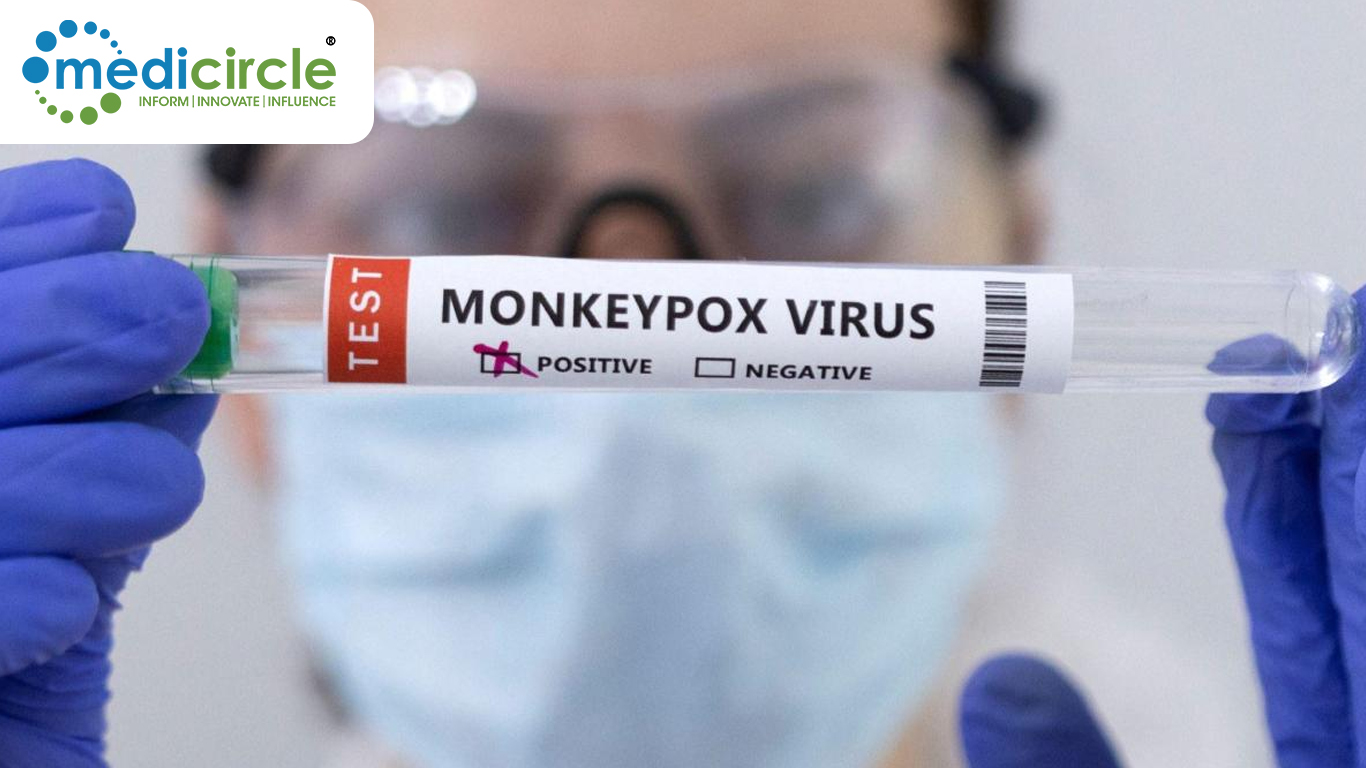Rhythm Pharmaceuticals, Inc., a biopharmaceutical company aimed at developing and commercializing therapies for the treatment of rare genetic diseases of obesity, announced that the U.S. Food & Drug Administration (FDA) has approved IMCIVREE (setmelanotide) for chronic weight management in adult and pediatric patients 6 years of age and older with obesity due to proopiomelanocortin (POMC), proprotein convertase subtilisin/kexin type 1 (PCSK1) or leptin receptor (LEPR) deficiency confirmed by genetic testing. With this approval, IMCIVREE becomes the first-ever FDA approved therapy for these rare genetic diseases of obesity.
“Our first new drug approval is a major milestone for Rhythm, and we look forward to delivering on the promise of IMCIVREE for patients suffering with obesity due to POMC, PCSK1 or LEPR deficiency,” said David Meeker, M.D., Chair, President and Chief Executive Officer of Rhythm. “With IMCIVREE, we are advancing a first-in-class, precision medicine that is designed to directly address the underlying cause of obesities driven by genetic deficits in the melanocortin-4 (MC4) receptor pathway.”
Obesity due to POMC, PCSK1 or LEPR deficiency are ultra-rare diseases caused by variants in POMC, PCSK1 or LEPR genes that impair the MC4 receptor pathway, which is a pathway in the hypothalamus that is responsible for regulating hunger, energy expenditure and consequently body weight. People living with obesity due to POMC, PCSK1 or LEPR deficiency struggle with extreme, insatiable hunger beginning at a young age, resulting in early-onset, severe obesity. As an MC4 receptor agonist, IMCIVREE is designed to restore impaired MC4 receptor pathway activity arising due to genetic deficits upstream of the MC4 receptor. There have been no FDA-approved therapies specifically indicated to manage weight in obesity due to POMC, PCSK1 or LEPR deficiency prior to IMCIVREE. Rhythm expects to make IMCIVREE commercially available to patients 6 years of age and older with obesity due to POMC, PCSK1 or LEPR deficiency in the U.S. in the first quarter of 2021.
“Many patients and families who live with these diseases face an often burdensome stigma associated with severe obesity. To manage this obesity and control disruptive food-seeking behavior, caregivers often lock cabinets and refrigerators and significantly limit social activities,” said Jennifer Miller, M.D., pediatric endocrinologist at University of Florida Health. “This FDA approval marks an important turning point, providing a much needed therapy and supporting the use of genetic testing to identify and properly diagnose patients with these rare genetic diseases of obesity.”
The FDA approval of IMCIVREE is based on results from the largest studies conducted to date in obesity due to POMC, PCSK1 or LEPR deficiency. In Phase 3 clinical trials, 80 percent of patients with obesity due to POMC or PCSK1 deficiency achieved greater than ten percent weight loss and 45.5 percent of patients with obesity due to LEPR deficiency achieved greater than ten percent weight loss after one year of treatment with IMCIVREE.
Consistent with prior clinical study experience, IMCIVREE was generally well-tolerated in both trials. The most common adverse events were injection site reaction, skin hyperpigmentation, and nausea. Warnings and precautions include disturbance in sexual arousal, depression and suicidal ideation, skin pigmentation and darkening of pre-existing nevi. There may be a risk of serious adverse reactions due to benzyl alcohol preservative in neonates and low birth weight infants. IMCIVREE is not approved for use in neonates or infants.
“We know that not all obesity is the same, and genetic testing plays a key role in enabling physicians, patients and families to understand the underlying cause of certain severe obesities,” said Murray Stewart, M.D., Chief Medical Officer of Rhythm. “In addition to POMC, PCSK1 and LEPR genes, we are continuing our efforts to identify further genes and populations to evaluate the potential for setmelanotide to address the insatiable hunger and early-onset severe obesity that characterize these diseases.”
With this approval, the FDA issued a Rare Pediatric Disease Priority Review Voucher (PRV) to Rhythm. The PRV can be redeemed to receive priority review for any subsequent marketing application or sold or transferred to other companies for their programs. The FDA previously granted Breakthrough Therapy Designation to setmelanotide for the treatment of obesity associated with genetic defects upstream of the MC4 receptor pathway, as well as orphan drug designation for obesity due to POMC (including PCSK1) and LEPR deficiencies.
Rhythm’s Marketing Authorization Application (MAA) for setmelanotide to treat people living with obesity due to POMC, PCSK1 or LEPR deficiency is currently under review by the European Medicines Agency (EMA). The EMA has previously granted PRIority MEdicines (PRIME) designation for setmelanotide for the treatment of obesity and the control of hunger associated with deficiency diseases of the MC4 receptor pathway. Additionally, the Company is currently evaluating setmelanotide for reduction in hunger and body weight in a pivotal Phase 3 trial in people living with Bardet-Biedl or Alström syndrome with topline data expected late in the fourth quarter of 2020 or early in the first quarter of 2021. Rhythm also continues to enroll patients in its Phase 2 Basket Study designed to rapidly facilitate proof-of-concept in new indications.
IMCIVREE (setmelanotide) Indication
IMCIVREE is indicated for chronic weight management in adult and pediatric patients 6 years of age and older with obesity due to proopiomelanocortin (POMC), proprotein convertase subtilisin/kexin type 1 (PCSK1), or leptin receptor (LEPR) deficiency. The condition must be confirmed by genetic testing demonstrating variants in POMC, PCSK1, or LEPR genes that are interpreted as pathogenic, likely pathogenic, or of uncertain significance (VUS).
Limitations of Use
IMCIVREE is not indicated for the treatment of patients with the following conditions as IMCIVREE would not be expected to be effective:
Obesity due to suspected POMC, PCSK1, or LEPR deficiency with POMC, PCSK1, or LEPR variants classified as benign or likely benign;
Other types of obesity not related to POMC, PCSK1 or LEPR deficiency, including obesity associated with other genetic syndromes and general (polygenic) obesity.
Important Safety Information
WARNINGS AND PRECAUTIONS
Disturbance in Sexual Arousal: Sexual adverse reactions may occur in patients treated with IMCIVREE. Spontaneous penile erections in males and sexual adverse reactions in females occurred in clinical studies with IMCIVREE. Instruct patients who have an erection lasting longer than 4 hours to seek emergency medical attention.
Depression and Suicidal Ideation: Some drugs that target the central nervous system, such as IMCIVREE, may cause depression or suicidal ideation. Monitor patients for new onset or worsening of depression. Consider discontinuing IMCIVREE if patients experience suicidal thoughts or behaviors.
Skin Pigmentation and Darkening of Pre-Existing Nevi: IMCIVREE may cause generalized increased skin pigmentation and darkening of pre-existing nevi due to its pharmacologic effect. This effect is reversible upon discontinuation of the drug. Perform a full body skin examination prior to initiation and periodically during treatment with IMCIVREE to monitor pre-existing and new skin pigmentary lesions.
Risk of Serious Adverse Reactions Due to Benzyl Alcohol Preservative in Neonates and Low Birth Weight Infants: IMCIVREE is not approved for use in neonates or infants.
ADVERSE REACTIONS
The most common adverse reactions (incidence ≥23%) were injection site reactions, skin hyperpigmentation, nausea, headache, diarrhea, abdominal pain, back pain, fatigue, vomiting, depression, upper respiratory tract infection, and spontaneous penile erection.
USE IN SPECIFIC POPULATIONS
Discontinue IMCIVREE when pregnancy is recognized unless the benefits of therapy outweigh the potential risks to the fetus.
Treatment with IMCIVREE is not recommended for use while breastfeeding.

 First-ever Therapy for Chronic Weight Management in Patients with Obesity Due to POMC, PCSK1 or LEPR Deficiency
First-ever Therapy for Chronic Weight Management in Patients with Obesity Due to POMC, PCSK1 or LEPR Deficiency





.jpeg)


.jpg)
.jpg)










.jpeg)

.jpeg)










.jpg)




.jpg)

